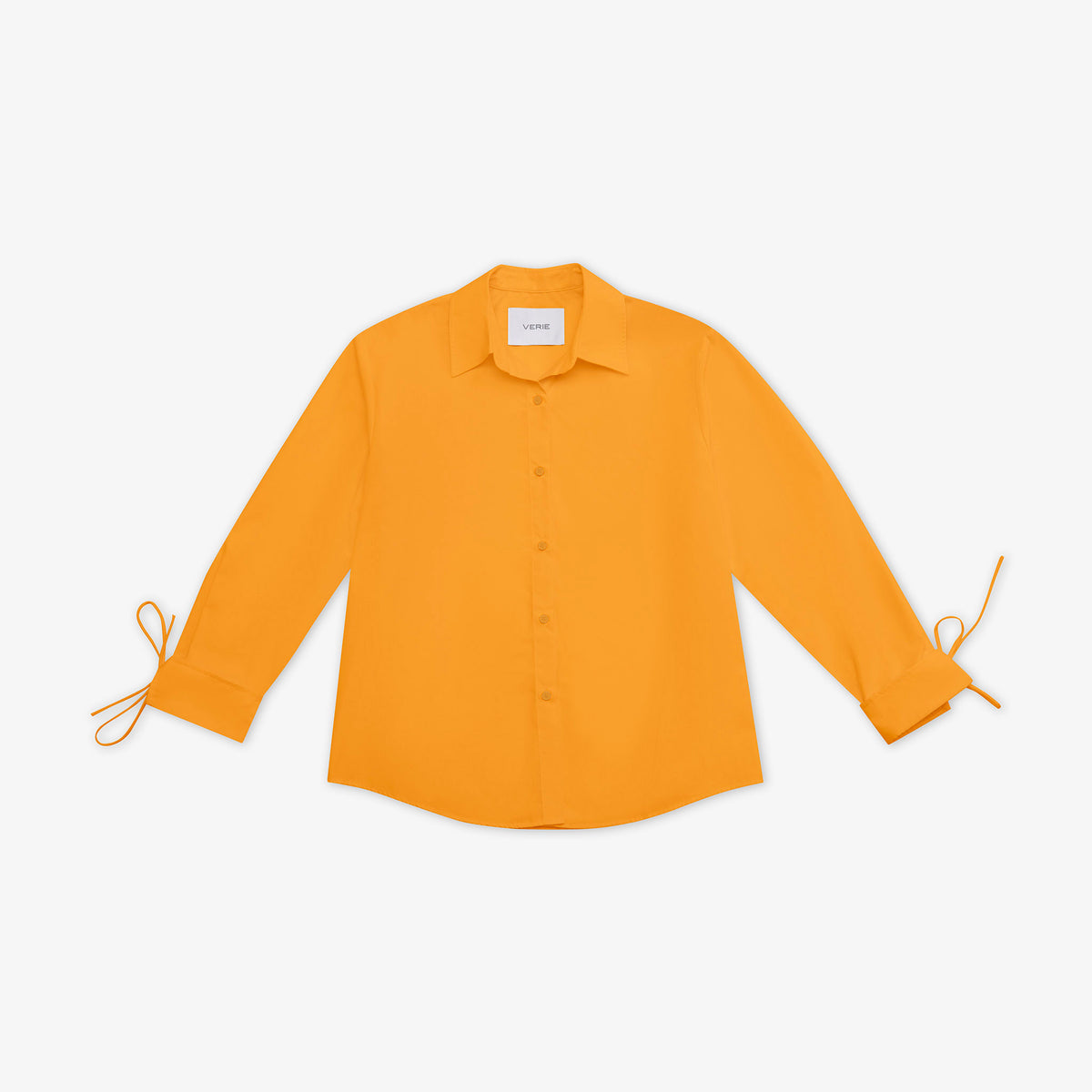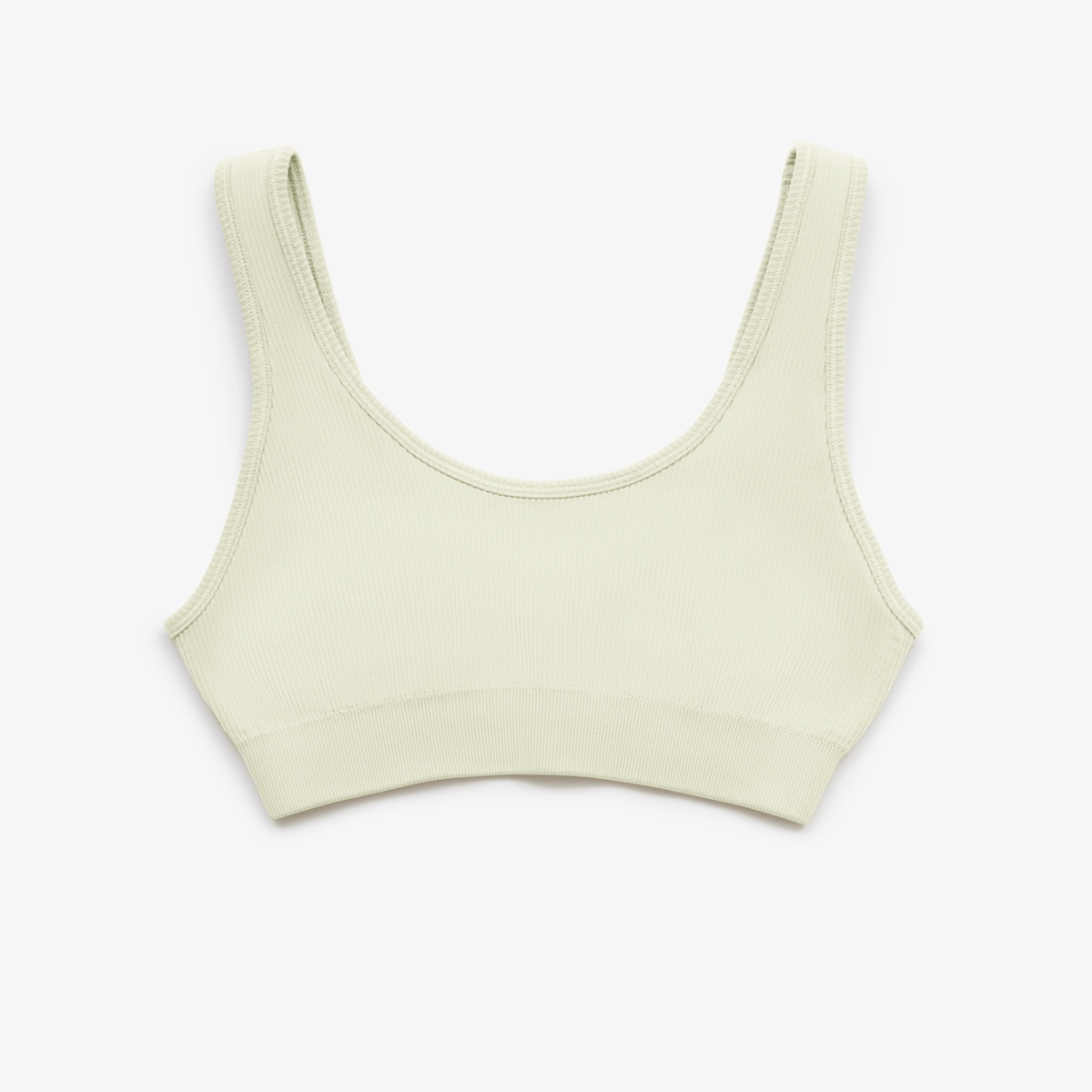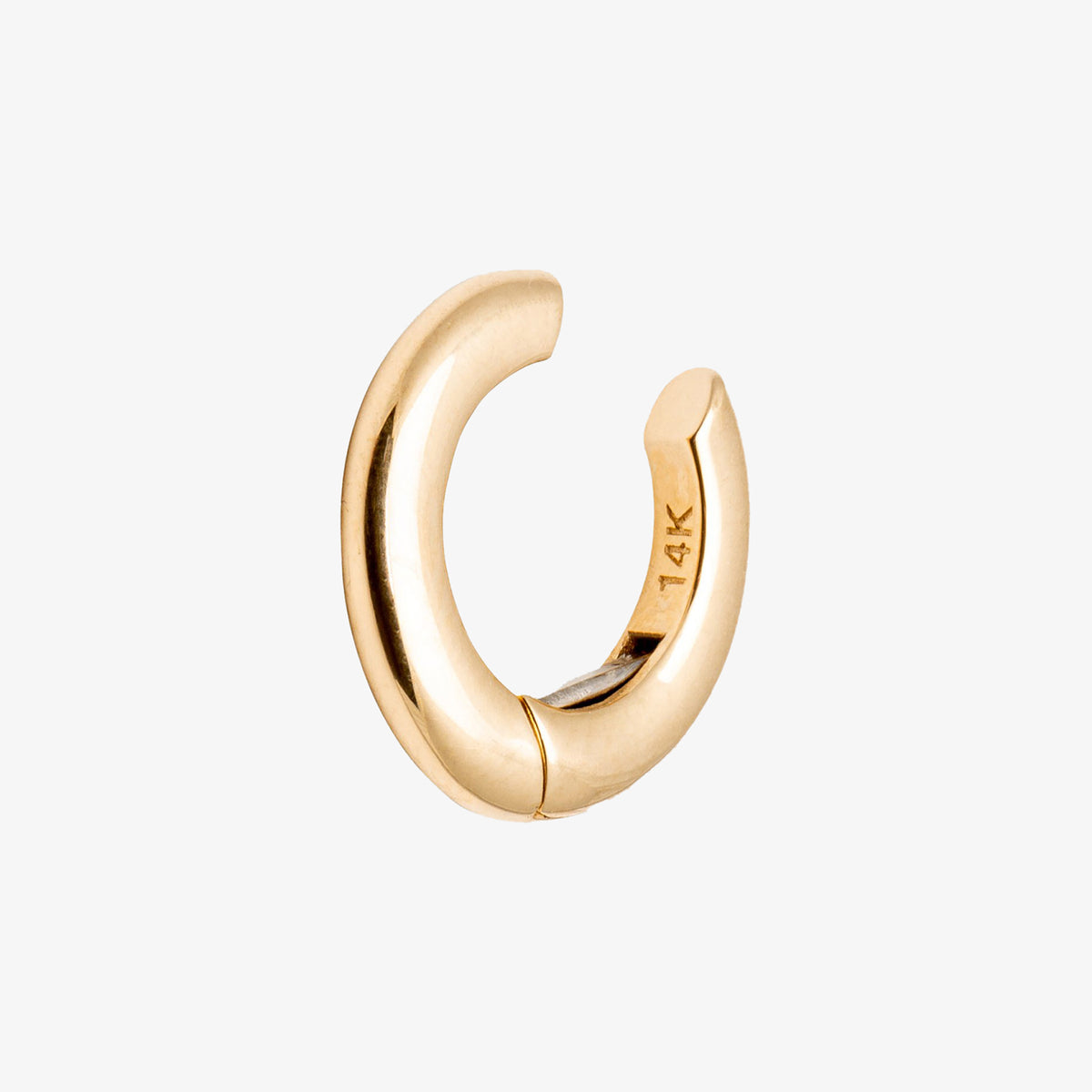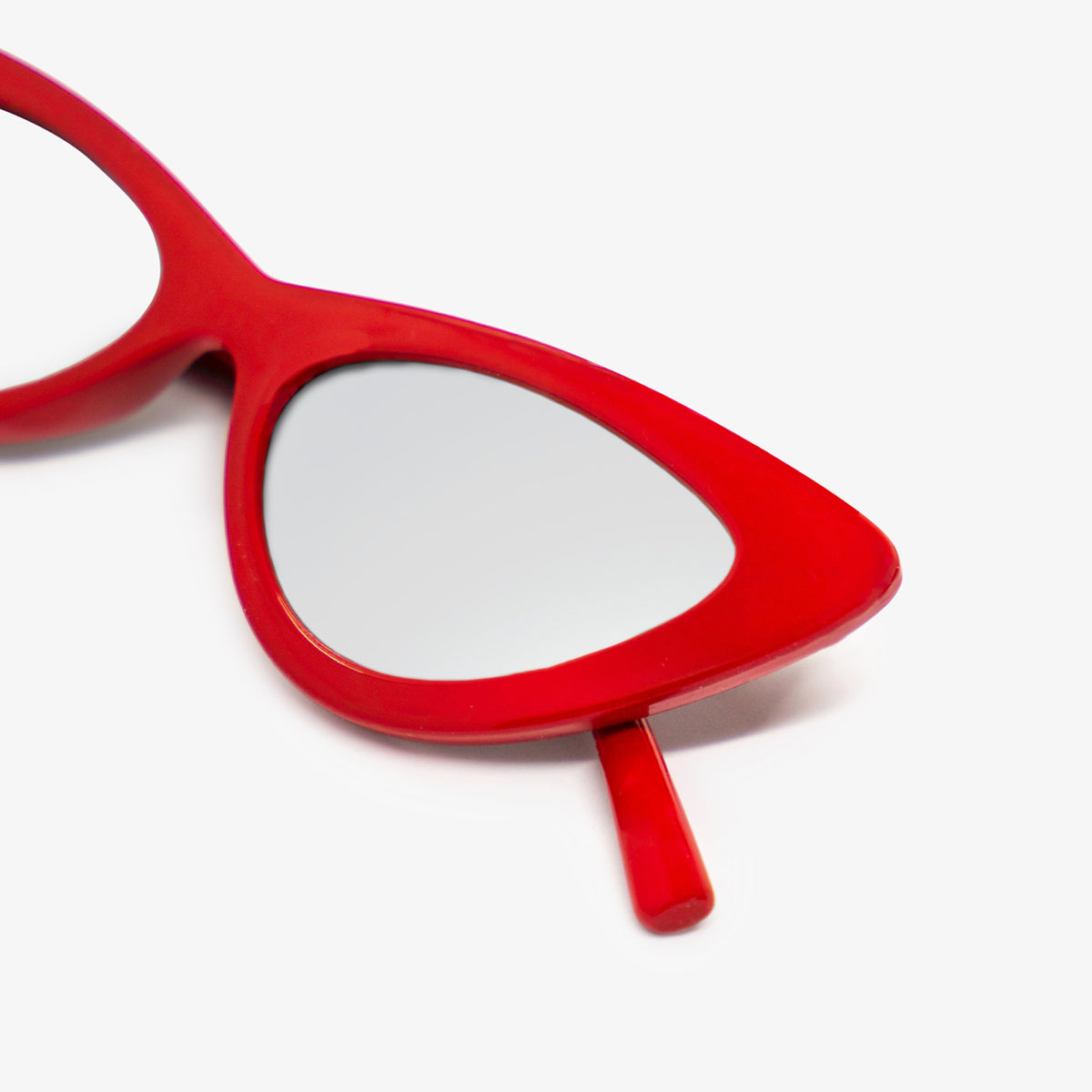In recent years, placing an emphasis on mental health has finally become normalized. Mental health is starting to be approached with the same research and urgency as the health of our body, and brain injuries are being treated as emphatically as broken bones and sprained ankles. But just like the steps we take to prevent injuries and premature aging of our bodies by way of fitness training and stretching, it is important to train our brains in a similar fashion. Brain training apps like Lumosity, Elevate, and Peak all use specially designed games and exercises to work and train different parts of our brain, the way a gym has different machines and exercises to work out different parts of your body. But you don’t need to go to a traditional gym to work on your fitness, and you don’t need to turn to your phone to train your brain either. Here are a few everyday activities you can do to keep your brain healthy and sharp at any age.
1. Pick Up a New Skill
Similar to learning a new language, exposing ourselves to new skills and hobbies is a great way to challenge and train our brains. Learning a new task stimulates neurons in our brains, which in turn forces new neural pathways to be formed, allowing information to travel faster through our brain’s processing highway - literally rewiring our brains. This rewiring makes learning additional new skills easier and has the same impact on dementia as learning a new language (Inc.).
2. Solve Puzzles
If you’re anything like me, you’ve been absolutely hooked to Wordle for pretty much all of 2022 - addicted to the frustration and ultimate bliss of successfully guessing the word of the day (hopefully). Puzzle games like Wordle (and all its variations) are great for cognitive function and fine-tuning our problem-solving skills. But if Wordle isn’t your cup of tea, crossword puzzles, Sudoku, and other similar brain teaser games are all great for rewiring our brains and you just might learn a new word or two. Think of it like a yoga session for your brain - great mental exercise.
3. Learn a New Language
For any of us who remembers sitting in high school Spanish class for four years with only a vocabulary of “Hola, donde est á la biblioteca?” to show for it, knows that learning a new language is really hard. But it's also really beneficial for our brains. The language area of our brains are super flexible so learning a new language (or at least trying to) helps strengthen our brain's ability to focus, process information, and according to an Edinburgh University study, people who speak more than one language develop dementia later in life and less frequently than single language speakers (TELC).
Luckily, with award winning apps like Babbel and DuoLingo, it’s now easier than ever to learn a new language and keep your brain sharp while you do it.
4. Teach Someone Else That Skill You Picked Up
Teaching someone else a skill requires us to understand an activity inside and out. First knowing how we perform a skill, but then trying to figure out how to explain it in terms someone else will comprehend requires a lot of different areas of the brain to work together in tandem. Even if it is something that is so ingrained in you that you perform it unconsciously, like tying your shoes or shooting a basketball, it can be a helpful training exercise for both your brain and your pupil’s.
5. Learn to Play an Instrument
We hear a lot of talk about being “left-brained” or “right-brained”, which is just a simplified analogy for saying you're gifted in skills requiring logic and analytics or you’re more adept with following your intuition and taking each situation subjectively. Although we aren’t literally using the left or the right side of our brain, most tasks do engage only certain parts of the brain at one time. Playing an instrument, however, requires constant communication between the left and right hemispheres of our brain in a way that few other exercises can replicate. This is great for expanding our cognitive function, especially in memory retention, fine-motor skills, and reasoning.
6. Sign Up For a Dance Class
Dancing, whether it’s a beginner ballet class, competitive ballroom, or Friday night dance parties with your friends, has really astounding benefits for your brain - not to mention it’s great cardio. Dancing combines our cognitive function with our motor skills (body movement), in a way that few other activities can replicate, so much so that almost every area of the brain is activated while dancing to music. The center for disease prevention and control says that dancing can improve the brain's processing speed and memory, and dance classes have even been prescribed as a treatment for patients suffering from Parkinson’s Disease (a progressive neurological movement disorder recognized by uncontrollable tremors and shaking). Dancing has also been shown to reduce stress, increase serotonin (the feel-good hormone), and create new neural pathways in the brain’s information highway (Harvard Edu.).
7. Take a New Route Home from Work
How often have you been driving on a familiar route, only to find yourself home and wonder how you got there? Or how many red lights you may have run because your brain was on autopilot? Chances are, you probably didn’t unknowingly run any red lights, but you also haven’t done your brain any favors. Always keeping your brain guessing by changing up your routine is a great mental workout, especially for your hippocampus - the area of the brain responsible for emotions and memory. Changing up your driving route will eliminate that autopilot mode and force you to be a more attentive driver, sharpen your decision-making skills as you navigate uncharted territories, and will literally bulk up your hippocampus as you work out your mental muscles. According to McGill University researcher Véronique Bohbot, who has a Ph.D in psychiatry, people with large hippocampi report having a greater sense of control over their life and feel more confident in general (OnStar).




























































































